Curious Realizer - The Incalculable Value of Curiosity
The life of Leonardo da Vinci provides powerful lessons about the value of asking questions and searching for answers
Would you like to be able to think and create like the man who painted the Mona Lisa and The Last Supper? Or at least to understand how he did it?
Here’s a book that will give you some insights into his habits and processes.
Introduction
Leonardo da Vinci is thought to be the original Renaissance Man1, remembered for his incredible inventiveness and creativity. In addition to creating amazing art, he maintained many papers and notebooks during his life in which he recorded his drawings, his thoughts, his investigations and his ideas for inventions.
In 1998, Michael Gelb published How To Think Like Leonardo da Vinci: Seven Steps to Genius Every Day, where he summarized his research into Leonardo’s life and creativity into 7 steps or principles, as summarized below:
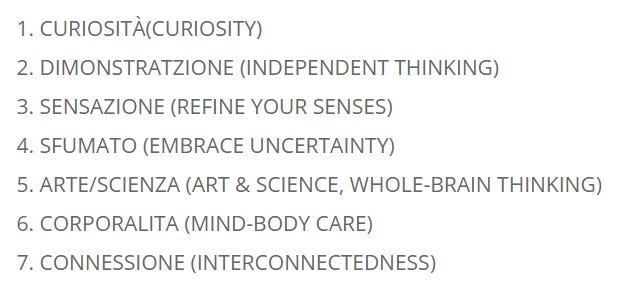
I first encountered this fascinating book in my local library many years ago and eventually had to buy my own copy. I return to it time and time again for inspiration for my own thinking and creative work.
The seven steps offer a variety of ideas and practices to broaden your thinking and exercise your creative muscles. Over the next few weeks I will explore these steps in more detail but I’ll start with the step that’s near and dear to my heart with all of the work I do here at How About This: curiosity.
CURIOSITÀ defined
CURIOSITÀ is the Italian word for curiosity, the desire to explore the world and learn about it.
Leonardo’s writings and drawings give us a glimpse into his curiosity and his passions. Michael Gelb took the concept of curiosity and divided it into a series of activities that anyone can try. Let’s take a look at them.
Keep a Journal or “Notebook”
If you’ve been reading this newsletter for awhile you’ll know that I’m a fan of maintaining multiple notebooks, whether it’s my commonplace books, my journal, or the rest of the notebooks and journals that I maintain.
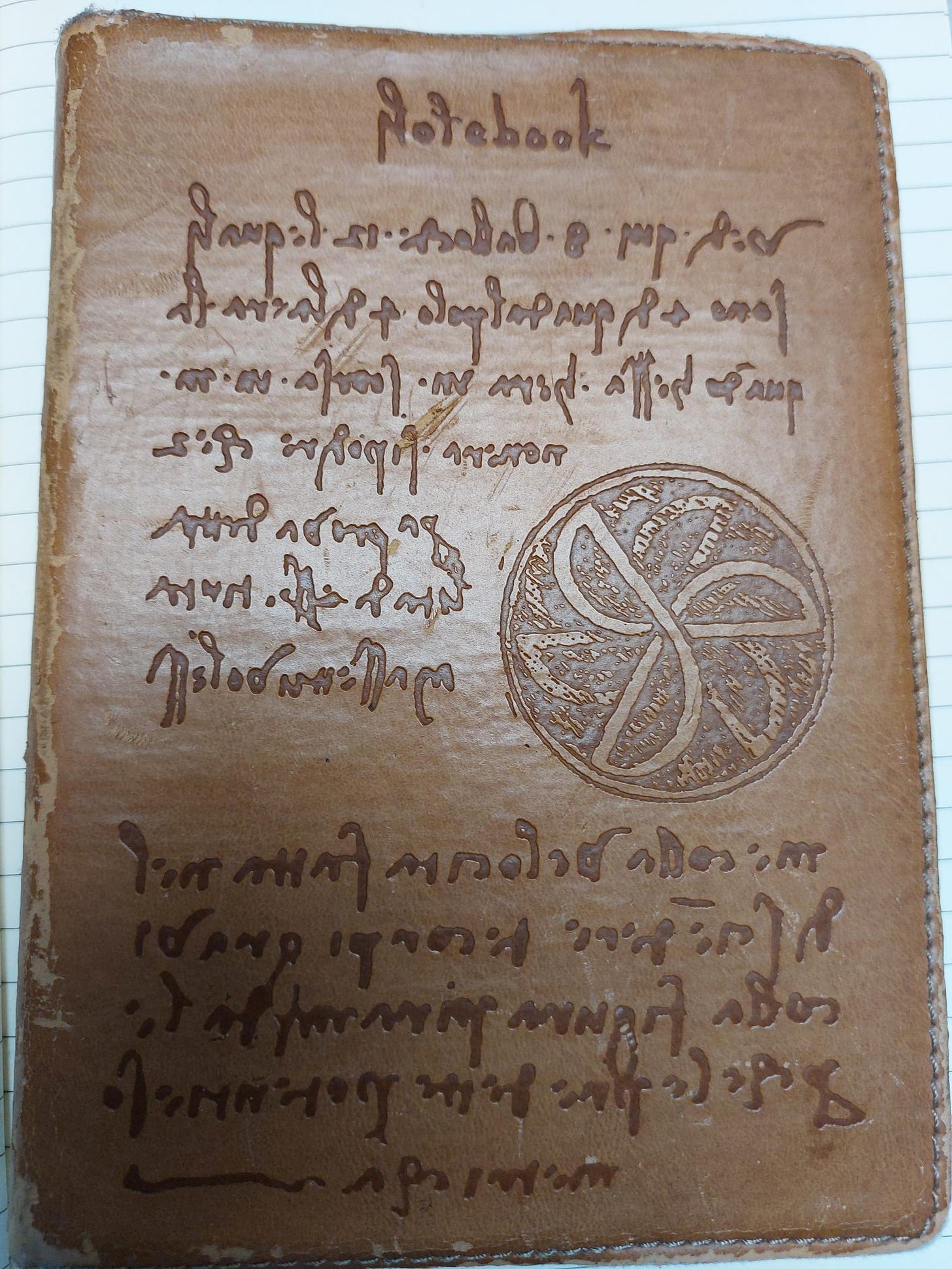
There are no limits as to what you can write about in this notebook but Gelb provides you with a tool to get started: thinking of questions.
A Hundred Questions, Then Finding Your Top Ten Questions
Gelb recommends that you develop a list of 100 questions that you’d like to get answered. They can be about any topic you like but the questions should be important to you.
I did this exercise a number of years ago. You might find that you’ll struggle to get to a full list of 100, it took me close to an hour to get to 100 questions. It’s like a self-brainstorming session. As Gelb suggests, once you get past 50 questions you start to ask some really interesting questions - this was certainly my experience!
Once you finish your list, read it over. Pick the ten most important questions, the ones that resonate the most with you. Rank them in priority from first to tenth. Then relax, you can consider them later.
By the way, the late physicist Richard Feynman reportedly kept a list of ten problems that he wanted to solve as a way to keep himself focused on the most important work.
The Hundred Questions exercise is a worthy task to start your notebook.
Ten Power Questions
If you want some heavyweight questions to consider, Gelb shares the following list of questions compiled from a variety of sources:
When am I most naturally myself? What people, places, and activities allow me to feel most fully myself, to be truly happy?
What is one thing I could stop doing, or start doing, or do differently, starting today that would most improve the quality my life?
What is my greatest talent?
How can I get paid for doing what I love?
Who are my most inspiring role models?
How can I best be of service to others?
What is my heart's deepest desire?
How am I perceived by: my closest friend, my worst enemy, my boss, my children, my co-workers, etc.?
What are the blessings of my life?
What legacy would I like to leave?
If you start to get answers to any of these questions, continuing moving through your list of 100 questions. Or create more lists. Follow your curiosity!
Theme Observation
Theme observation is where you can start using your lists of questions. You can use your top 10 questions or you can look through them for common themes like: love, career, learning, family, finances, hobbies, etc. The goal of this exercise is to simply record your thoughts and observations for all of the questions that are within the theme.
This exercise can be done repeatedly and it’s a great way to exercise your curiosity and your thinking muscles. Watch your observations for anything interesting that might warrant further thought. You may find the beginnings of a bigger work, perhaps even a creative project, in these observations.
If nothing else, your brain will benefit from this little workout.
Contemplation Exercise
The previous exercises were about thinking broadly. Now it’s time to go deep. Pick one of your questions and try to hold it in your mind for ten minutes, much like a meditation exercise. Don’t try to answer the question, just think about it.
The goal of this exercise is to exercise your unconscious mind and doing this just before bed is a great way to do it: focus on the question and literally sleep on it.
Try doing this exercise with a question or problem that you haven’t been able to resolve yet and see what happens.
Stream of Consciousness Exercise
Julia Cameron popularized a writing practice called morning pages, where you write anything that comes to mind, as long as you fill three pages by the end of the session.2 Writing morning pages is a freewriting or stream of consciousness exercise where you literally write whatever thoughts pop into your mind.
You can do a similar stream of consciousness exercise by taking one of your questions and freewriting about it for 10 minutes.
As Gelb says, don’t worry if you start writing gibberish once the surface thoughts are recorded: this is a good thing. It’s a sign that you are tapping into your unconscious mind, getting at the ideas and thoughts which you might not consciously recognize but sometimes lead to the best insights.
Repeat the exercise as desired, reading and reviewing your thoughts from each iteration, looking for new ideas and unexpected insights.
Curiosita and Creative Problem Solving
Creative Problem Solving deserves its own post for a later date - it’s even a field of academic study.3 However, one of the most important parts of the creative problem solving process lines up nicely with Leonardo’s passions: asking questions.
Finding The Question
You may have a problem that you want to solve but sometimes what you really need is the right question and a good understanding of the question to help guide you along.
Finding the Question is another exploratory exercise (good thing you’ve already got some practice in this, right?) where you start with any question and really work at understanding it. You can take a simple listing of information approach or you can use the classic 5 W and 1 Y approach by finding the answers to these questions: Who, What, Where, When, Why and How.
To find the best solution to a problem, you must first know the problem. Or the question.
Curiosita and Continuous Learning
Learning is the natural action to satisfy your curiosity.
There are many benefits to continuous learning: health and wellness, entertainment, even career advancement and job satisfaction. This doesn’t mean that it’s necessary for you to get a university degree or three to become a learner - there are so many amazing opportunities available in the 21st century!
One of the biggest benefits of the Internet and the World Wide Web is that there is an unimaginable wealth of learning materials available to you in the online world in additions to more traditional places of learning like libraries, colleagues and universities. You can find blog posts, articles and instructional videos, more than you could ever consume in several lifetimes.
Realize Your Ideal Hobby/Learn a New Language
Use your notebook to help you select a new hobby. After making a list of possible pursuits, Gelb suggests analyzing a possible hobby by asking the following questions about it:
How, specifically, will I benefit from this pursuit?
What are my goals?
What resources will I need?
Where can I find a good teacher?
How much time will I devote to it?
What obstacles must I overcome?
Another, highly powerful question: how can I get paid for pursuing my ideal hobby?4
Gelb suggests hiring a teacher to teach you about your hobby for at least ten lessons to demonstrate your commitment to yourself. I know this isn’t feasible for many people. However, there are many free or low cost online learning options that didn’t exist when Gelb wrote his book, so don’t let money hold you back if you want to start exploring a hobby.
Gelb also suggests learning a language to be a great idea for a hobby. I agree wholeheartedly with this!
I was fortunate enough to enroll in French immersion programs when I was a teenager. For two years over 80% of my instruction was done completely in French, followed by two more years of less intensive but regular French instructions. Fortunately I became fairly fluent in French at that time. Although I rarely speak French these days I do remember a lot of what I learned and I can still use it to some extent.
I fully believe that learning a second language can make it easier to learn other languages. I have worked a lot with Portuguese and Spanish speaking people and while I can’t say that I’ve learned either language, I see enough similarities between those two languages and French that I feel I could at least gain a general grasp of them without too much difficulty.
In any case, the challenge of learning a new language can be a great experience.
Build Your Own Lexicon
Da Vinci tracked lists of words that he learned over the years, even creating new ones over time. This is another great use for your notebook: find words, learn their meanings and document them.
Vocabulary building, in any language, is always a powerful learning exercise.
Nurture Your Emotional Intelligence
Book learning and skill acquisition is very important but their other frontiers to conquer.
There are multiple intelligences that a person can have and one of them is emotional intelligence: the ability to understand people’s emotions and feelings, including your own. Emotional intelligence is extremely valuable in both your personal and professional lives.
If you don’t feel you’re strong in this area there are many approaches to developing emotional intelligence. There’s a lot of material you can read on the topic but the best way to learn is by doing. Start by watching if necessary then work towards talking to people, observing their reactions and asking for their feedback.
I realize that some people may struggle with working on personal skills due to extreme shyness, introversion, psychological make-up (including people of the autism spectrum), or past negative experiences. These can provide significant challenges.
I’m afraid I’m not qualified to provide assistance for some of these cases, but I can certainly identify with shyness and introversion as possible barriers. My best suggestion is to look around you for friendly, supportive people and be honest and open about what you’d like to learn. You might be surprised at the support you might find.
And even if you’re highly extroverted, you may learn how to refine your approach to interacting with other people.
Final Thoughts
I want to point out something that’s probably obvious to many but not necessarily to all: the quality of the information or material that you learn is important.
If there’s anything that’s become abundantly clear during the past decade it’s that we are drowning in knowledge and potential learning opportunities. And, unfortunately, there’s a lot of superficial, questionable and downright false, if not destructive information out there.
Social media provides us access to a lot of information (Twitter, Facebook, Instagram, YouTube, TikTok, and other popular sites) but a lot of it is designed to either generate outrage or to deceive you. Media literacy is critical to finding the best, most beneficial information to learn and absorb.
Similarly, instructional and learning materials can vary in quality and accuracy. I can’t tell you how to always find the best materials, but definitely look for people who have demonstrated educational backgrounds, experience and expertise. And try using your emotional intelligence and critical thinking skills to network with other people who can help guide you.
Learning can make your life larger and more vibrant. You don’t have to devote your life to art, experimentation5, or every possible creative pursuit like Leonardo da Vinci6. Even if you can only devote an hour or two a week, indulging your curiosity and learning more about the world is a tremendous growth opportunity for you, giving you the ability to not only enrich your own life but other people’s lives.
Indulge your curiosity!
I have a Challenge for you, dear reader! I’d like you to take the 100 Questions Challenge! Take a couple of hours, sit down with your notebook, and come up with your own list of 100 Questions! I’ll do the same! Share your results by E-mail (markdykeman@gmail.com) or in the comments! You don’t have to share the actual questions but just tell us about the experience? Did you get 100 questions? Was it easier or harder than you expected?
Renaissance Person is more appropriate.
In all seriousness, this is very similar to how some people approach NaNoWriMo: just force everything onto the page 30 days in a row, hitting a minimum word count. That’s how I hit my NaNoWriMo goal a few years ago: pour everything out on the page, regardless of quality. The result isn’t pretty but this level 0 draft, so to speak, can lead you to a first draft.
I still need to go back and work on that first draft.
Adding creative problem solving to my list of topics to write about!
The last question is Gelb’s personal suggestion. If you already have a satisfying career there is no need to give that up! Sometimes a hobby is just a hobby.
Fun fact: Leonardo used to dissect cadavers to learn about anatomy.
A holographic version of Leonardo da Vinci was a recurring character on Star Trek: Voyager, acting as a mentor to Captain Kathryn Janeway.




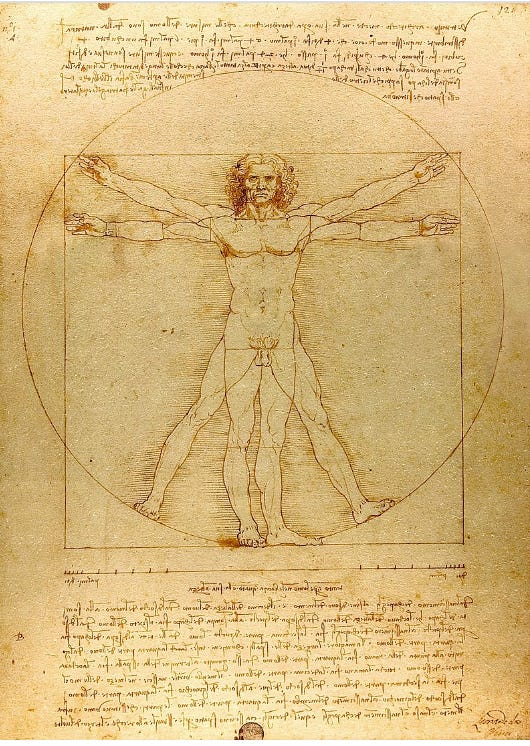
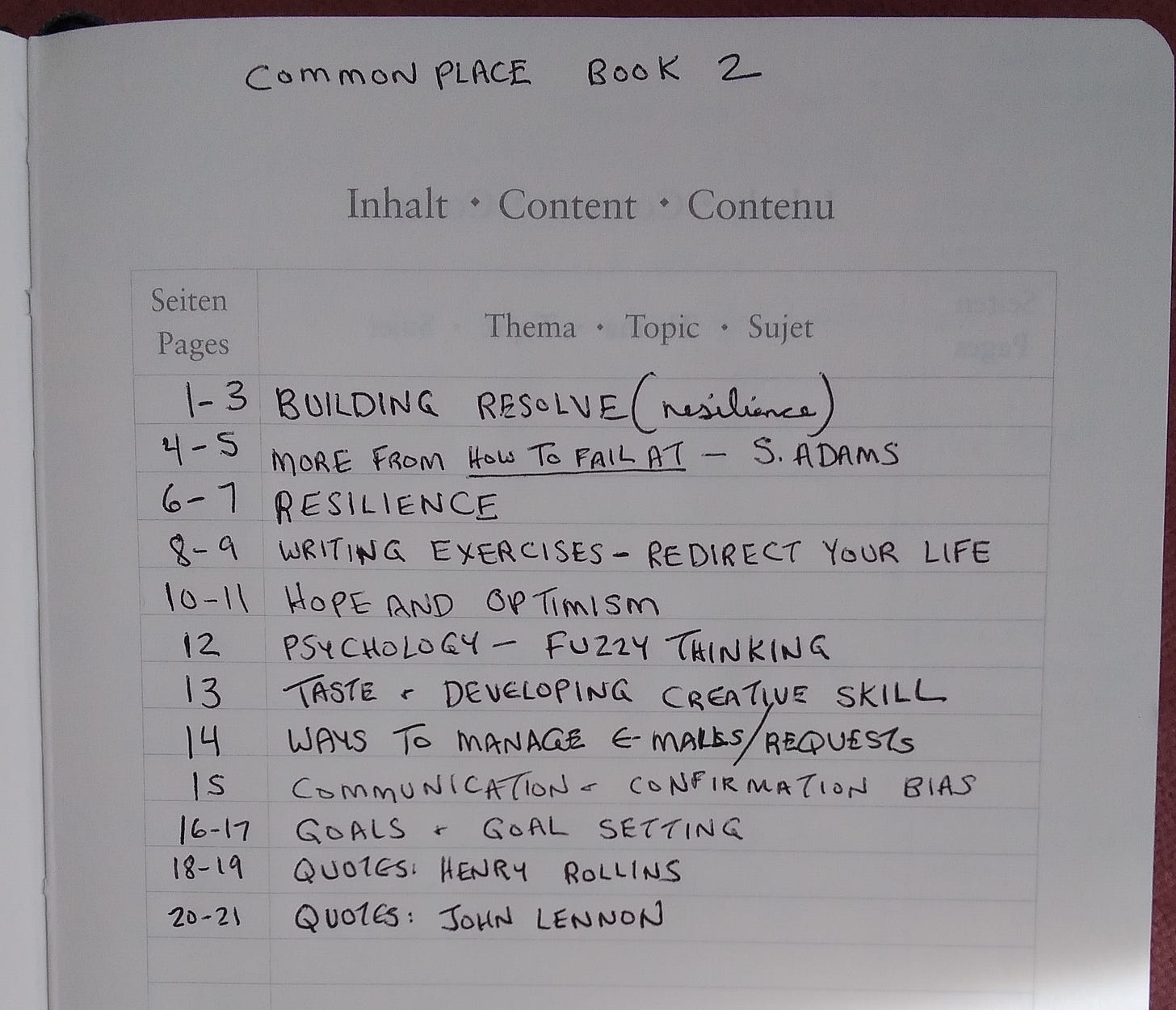
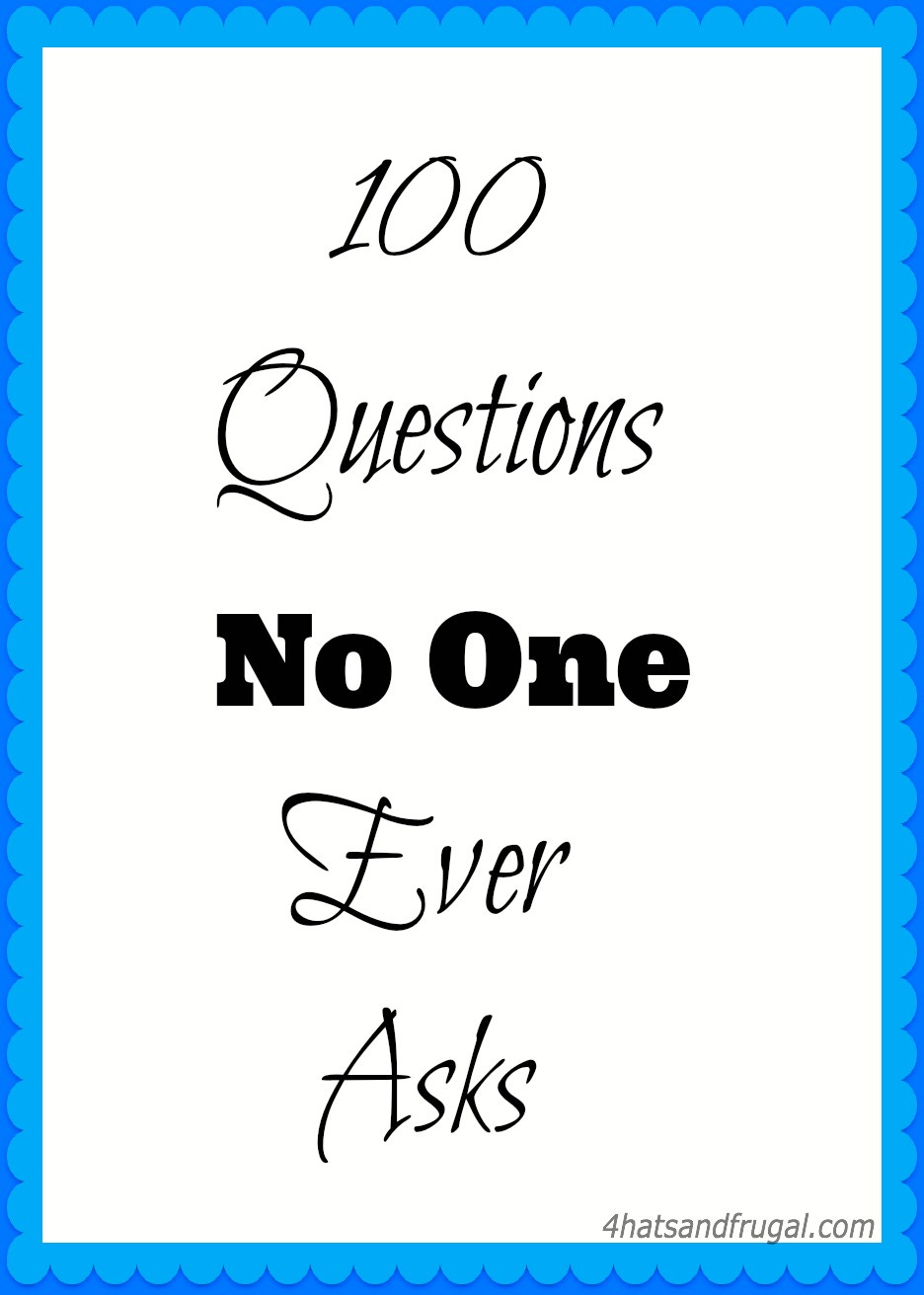
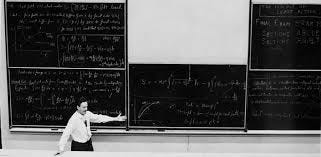

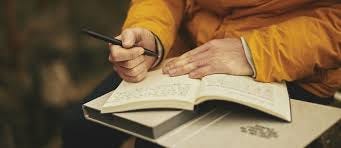
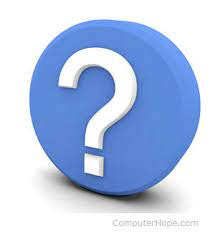
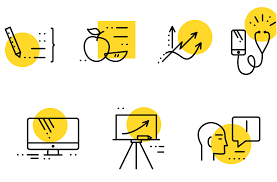
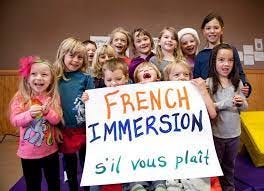
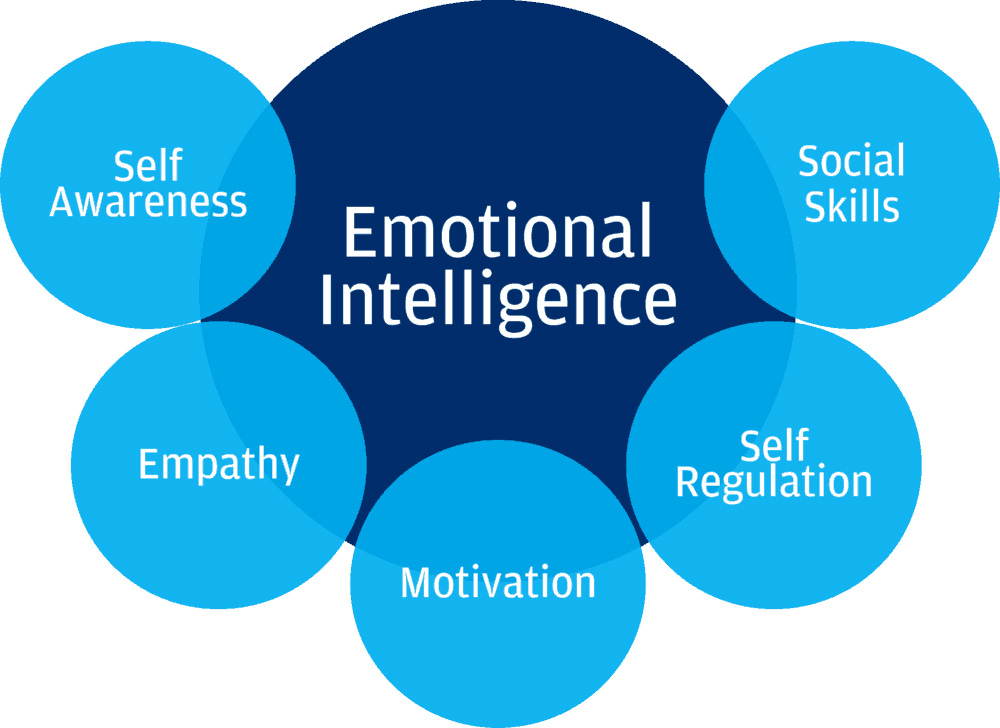
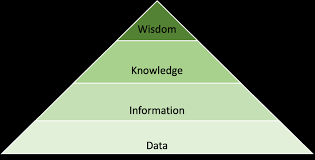
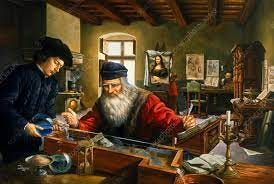
Your suggestions about questions brought to mind a website I came across many moons ago, and found it really useful (especially in my teaching). It's called The Questioning Toolkit: http://www.fno.org/nov97/toolkit.html
Gosh, tonnes to think about here - thank you Mark for such a thought-provoking post!
I love the idea of 100 questions - might take me a while....
Like you I feel that curiosity and lifelong learning are essential to a fulfilling life. Your French immersion programme sounds amazing - what a great experience! I tried to brush up on my very rusty A-level French during the first UK Covid lockdown - at the time I was looking into retraining as a modern languages teacher, and although I have German as a second language I was required to have excellent skills in a second foreign language too. I really enjoyed the online French courses I was doing, but determined pretty quickly that they were useless compared to the way I'd learned German, which was by living my everyday life speaking, thinking and DOING the language.
I've been very disappointed every time I've tried da Vinci's mirror writing. Not easy for a left-hander, as in our case mirror writing requires the dominant side to be writing backwards! I've tried crossing my arms - I'll leave you to imagine how well that went!